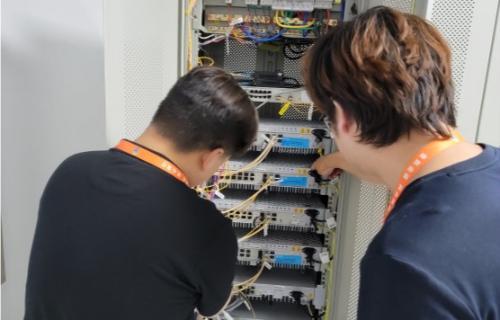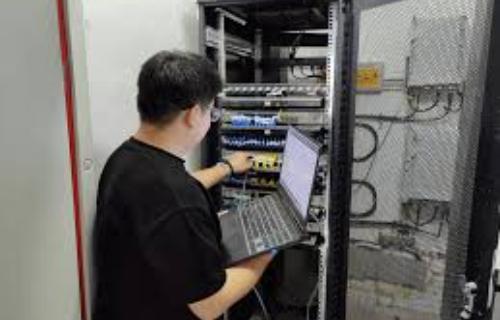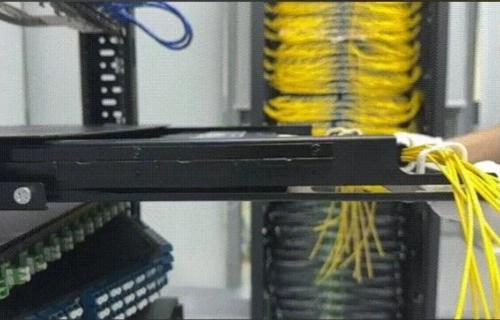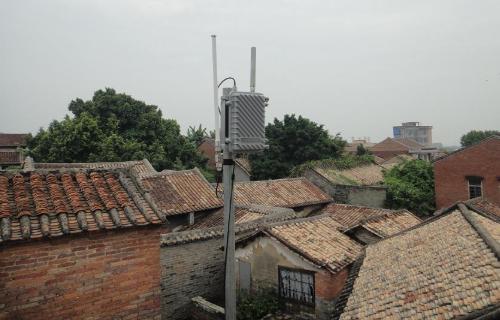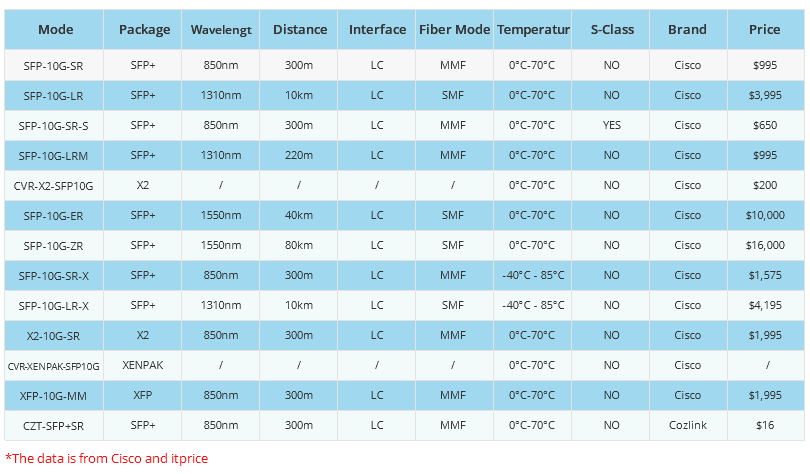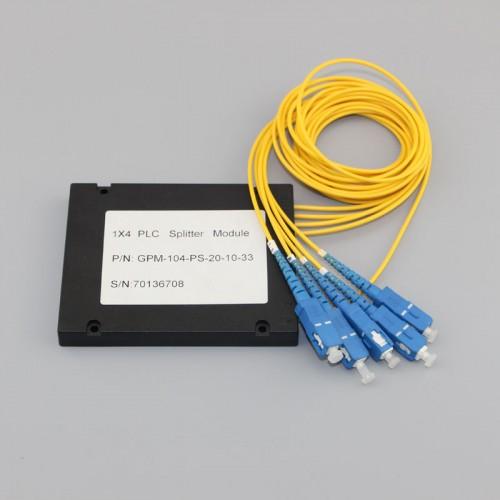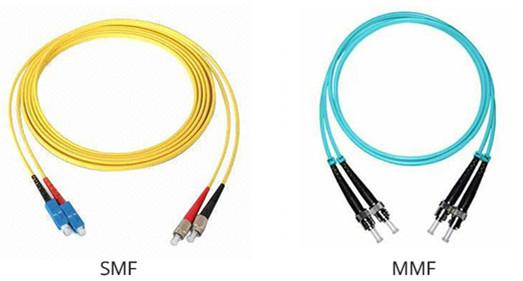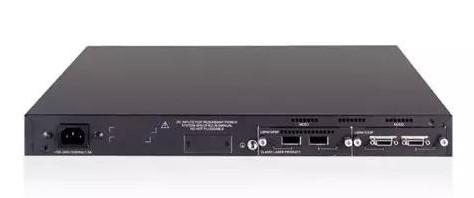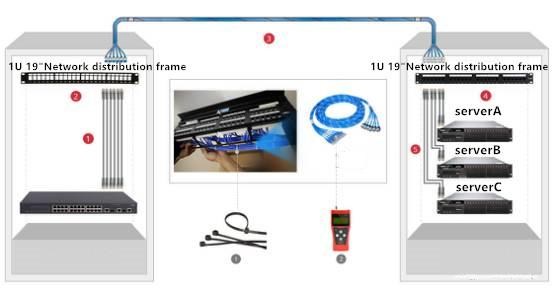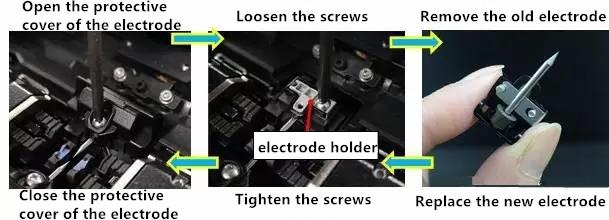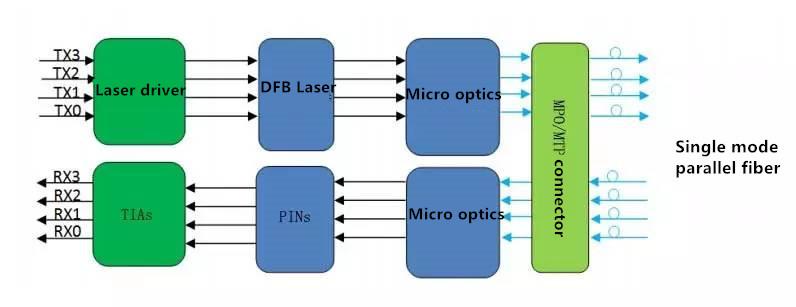- Related articles
- All Cisco XENPAK-10GB-LW's information (List price, Specs, Datasheet PDF, Compatibility ma
- All Cisco GLC-BX-D's information (List price, Specs, Datasheet PDF, Compatibility matrix)
- All Cisco ONS-GC-GE-LX's information (List price, Specs, Datasheet PDF, Compatibility matr
- Cisco GLC T SFP Transceiver
- All Cisco DWDM-XENPAK-55.75's information (List price, Specs, Datasheet PDF, Compatibility
- The Things You Need to Know about 10GBASE-SW Ethernet Standards
- All Cisco DWDM-XFP-56.55's information (List price, Specs, Datasheet PDF, Compatibility ma
- What are optoelectronic devices?
- What Is GYFTY53 Optical Fiber Cable?
- How is data transmitted in fiber optic cables?

A network interface controller (NIC, also known as a network interface card, network adapter, LAN adapter or physical network interface and by similar terms) is a computer hardware component that connects a computer to a computer network.
Early network interface controllers were commonly implemented on expansion cards that plugged into a computer bus. The low cost and ubiquity of the Ethernet standard means that most new computers have a network interface built into the motherboard.
Modern network interface controllers offer advanced features such as interrupt and DMA interfaces to the host processors, support for multiple receive and transmit queues, partitioning into multiple logical interfaces, and on-controller network traffic processing such as the TCP offload engine.
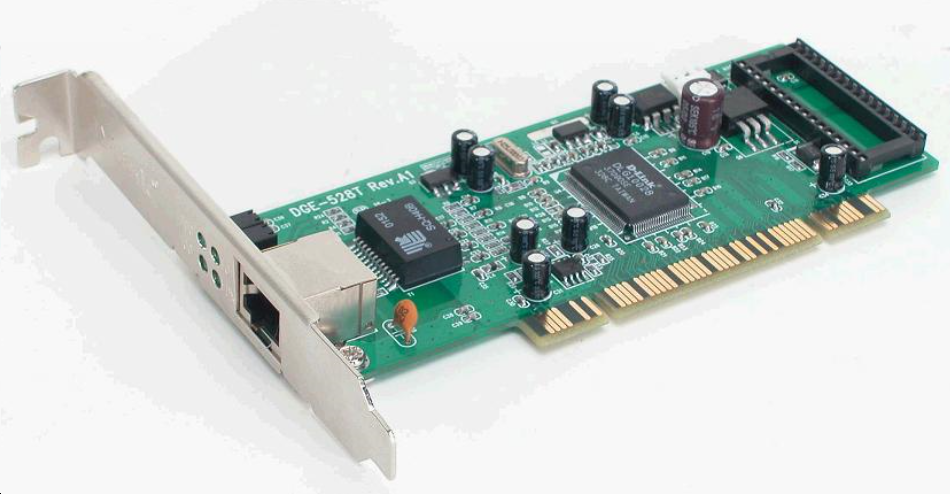
Integrated Network Card
An integrated network card is an internal computer component that gives the machine the ability to connect to a network. The component might be designed to connect to a wired network, or to a wireless network. A machine might have also had both types of network cards installed. An integrated network card designed for wired networks is sometimes called an Ethernet card, while the wire-free cards are wireless cards.
Difference between Dedicated and Integrated Network Card
Both dedicated and onboard network cards from everything from cable internet to Fiber Optic, and really notice no difference between the two as far as surfing the internet is concerned. As long as the card has a faster connection the internet-say you have 8 Meg internet there won’t be any difference, 8 Meg is still 8 Meg. Now, on a home network it might make a difference if you’re transferring a lot of large files from one computer on the home network to another, but unless you have an internet connection that gives you a gigabyte bandwidth, you’re unlikely to see any difference.
An integrated network card designed for connecting to a wireless router contains a built-in receiver and transmitter for operating over radio frequency (RF) waves. These cards are sometimes called WiFi™ cards, but technically, a true WiFi™ card is certified by the WiFi™ Alliance. Non-certified cards are sometimes referred to as “wifi” as a slang for wireless, without implicating certification. Certified or not, all wireless cards are made to comply with international standards to be interoperable with wireless routers and other wireless devices.
Dedicated Graphics Card Vs. Integrated
Integrated Cards:
- Laptops with integrated graphics are cheaper.
- These cards use lesser battery life.
- These cards are perfect for casual users. As in if you want to watch movies (even blue ray and 1080 p), watch videos on YouTube, play 2D oriented games and even 3D can run but they may lag.
- Not good for serious gamers or people who use software’s with intensive use of graphics.
- They do not have their own memory and use system's RAM as their primary memory. Hence videos lag eventually.
Dedicated Cards:
- Dedicated Cards uses more power compare to integrated cards.
- Laptops with dedicated cards are more costly.
- Perfect for those who are into serious gaming or have regular usage of intensive graphic designing software’s.
- They have their own video memory and do not use the system RAM memory,and hence do not let videos to stream or lag at all.
Summary
Aftermarket network adapters are plentiful, easy to find, and can meet any network need. Read specifications carefully and be sure the adapter is suited for the intended router or cellular service. Internal network cards are also available, but must be installed inside the machine and opening a computer might void its warranty. Check warranty details if in doubt.








































